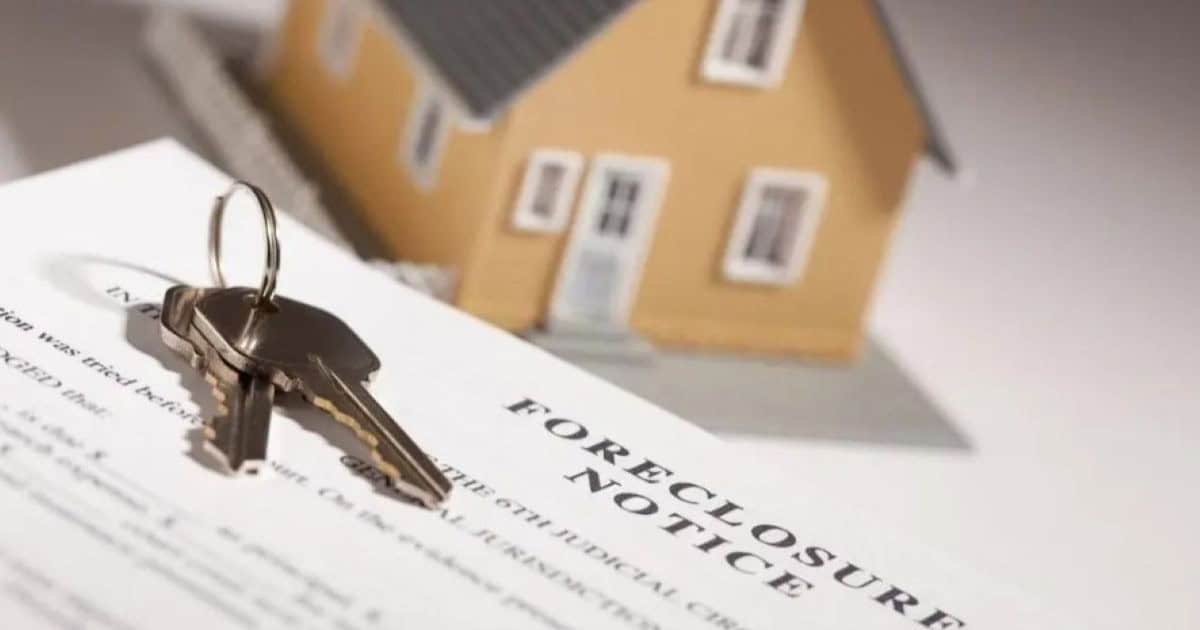
Buying a foreclosure or court-ordered sale property in BC offers unique opportunities but comes with specific challenges. You can confidently approach these sales by understanding the process, preparing for competitive bids, and being aware of potential risks. Whether your goal is to find an affordable home or a solid investment, careful planning and a thorough understanding of the legal requirements will help you make a wise decision. Contact a real estate professional to ensure you’re fully prepared for each step. This blog will answer the Frequently Asked Questions about buying foreclosure and court-ordered sale homes in BC.
Table of Contents
A foreclosure is a legal process in which a lender seeks to recover the balance of a loan from a borrower who has stopped making payments. This is done by forcing the sale of the asset used as collateral for the loan, typically the borrower’s home.
A court-ordered sale is a sale of property mandated by a court. It can occur in various situations, such as divorce settlements, estate sales, or when a property owner defaults on their mortgage.
The foreclosure process involves several steps:
Buying foreclosure properties involves several risks:
Foreclosure properties can be found through various sources:
Before making an offer on a foreclosure property, consider the following:
A Schedule “A” is a form added to the Contract of Purchase and Sale in a foreclosure transaction. It replaces and modifies some of the terms of the contract to protect the lender. It typically includes clauses stating that the property is sold “as is, where is” and that the lender is not responsible for any repairs or warranties.
In a court-ordered sale, the bidding process typically involves the following steps:
If tenants are in the property, their rights are protected under the Residential Tenancy Act. The new owner must honour the existing tenancy agreement and provide proper notice if they wish to terminate the tenancy. The court order may also specify how the tenants should be handled during the sale process.
A receiver is a third party appointed by the court to manage the property during the foreclosure process. The receiver is responsible for collecting rent, maintaining the property, and ensuring it is in good condition for sale. The receiver acts in the best interest of the lender and the court.
The buyer doesn’t need to pay the realtor’s commission in a foreclosure home transaction. Real estate commissions are typically paid from the sale proceeds. The court order approving the sale will specify the commission amount and how it should be paid. If there are insufficient funds to cover the commission, the Realtor may not get paid.
An Order Nisi is a court order that sets the redemption period in a foreclosure action. It specifies the amount owing and the per diem interest and provides the lender with a personal judgment against the borrower. An Order Absolute is a final court order that makes the lender the registered property owner, extinguishing the borrower’s right to redeem the property.
A stigmatized property has a material defect or an unusual aspect that may affect its marketability, such as a history of crime or a death on the property. If you encounter a stigmatized property, consider the following:
To protect yourself when buying a foreclosure property, follow these steps:
Purchasing a foreclosure or court-ordered sale property in BC can be a rewarding way to find value in the market. While the process has complexities, you can avoid the common pitfalls associated with these sales with careful preparation and an understanding of what to expect. We hope this guide can help buyers avoid potential pitfalls when buying a foreclosure home in BC. Don’t hesitate to seek professional guidance if needed. By approaching with diligence, you’ll be well-positioned to make the most of this unique buying opportunity and find a property that meets your needs and budget.
The information provided on this website does not, and is not intended to, constitute legal advice; instead, all information, content, and materials available on this site are for general informational purposes only. Information on this website may not constitute the most up-to-date legal or other information.

Sam Huang PREC
H & S Real Estate Group
Real Estate Coal Harbour
RE/MAX Select Properties
Address: 5487 West Boulevard, Vancouver BC V6M 3W5, Canada
Phone: 778-991-0649
WeChat: ubchomes
QQ: 2870029106
Email: Contact Me